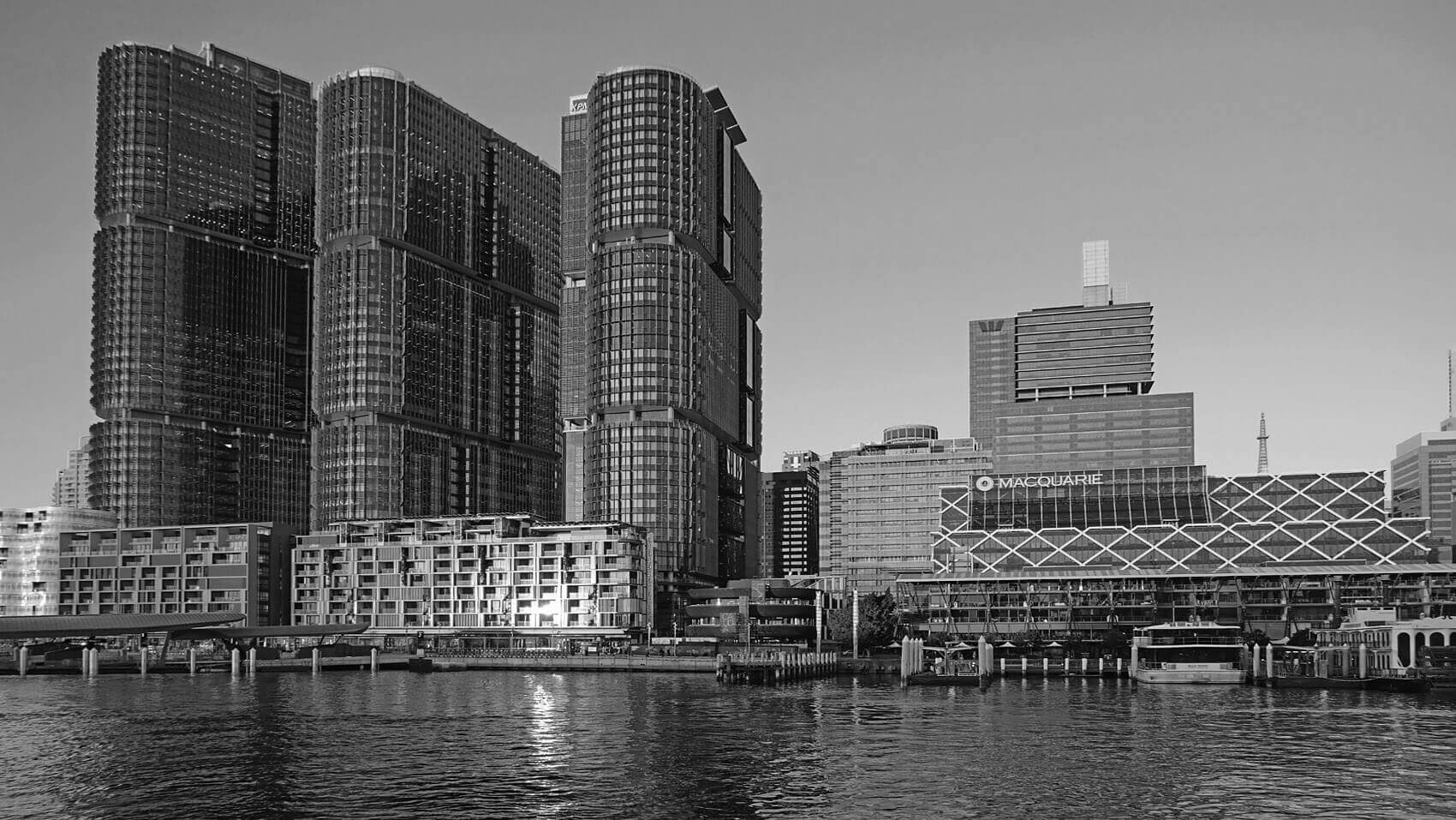CEOs, corporate decision-makers, leaders, non-executive directors at every level, everywhere, this one goes out to you. The lyrics begin a little bit like this. You…
- Sleep far too little
- Work most of your waking hours
- Travel too much
- Sit too much
- Struggle to find balance or create boundaries
At any given time, you teeter on the brink of succumbing to…
- Depression
- Heart attack
- Stroke
- Diabetes
These are the cold, hard facts that rarely get discussed in our current society. Maybe you, too, are denying their presence in your own life.
After all, who could blame you? The pull to pursue an elusive ideal is strong. In the media, we see:
- Bill Gates promoting his foundation with Melinda.
- Richard Branson windsurfing with Obama.
- Donald Trump occupying the most powerful political position in the world.
Meanwhile, the media also delights in highlighting the reverse:
- UBER’s Travis Kalanick imploding in a mad swirl of brilliance and bad judgement.
- Oscar Munoz ignoring the violent mistreatment of a United passenger.
- Broadcom’s Hock Tan earning $103 M in 2017.
- CBS’s Les Moonves being accused of sexual harassment.
Whether the spin is positive or negative, the degree of exposure is staggering.
(Related: 5 Signs Of Burnout At Work).
And So Are The Personal Stakes.
Mark Bilton, Sydney-based leadership coach/mentor and founder of strategic planning firm Thought Patrol, believes “there is a classic delusion that leaders possess certain superhuman characteristics.”
It’s precisely this delusion that perpetuates a rock star mentality amongst business’s top dogs.
Yes, he was married and had kids.
And Fiat CEO Sergio Marchionne who died in late July of 2018 — also appears to have paid for the top job with his life. Do some executives consciously choose (a la Hutchence, Joplin, Cobain, Morrison…) to sacrifice everything for fame and fortune?
Put it this way.
Better to Burnout Than To Fade Away?
My, My, Hey Hey
Rock and roll is here to stay
It’s better to burn out than to fade away
This may make you uncomfortable, but we’re going there. Executive burnout is no joke. And it’s definitely not new. Harry Levison published the now-classic HBR piece on executive burnout in 1981.
Back then, Levison believed that senior leaders had the power to change their own corporate cultures to reduce stress. Surely the right training and a focus on recreation and wellness would do the trick.
Executive burnout was, at that time, a budding phenomenon. Later, as we approached the year 2000, Levison announced that we had entered a “New Age of Self-Reliance.”
Meaning no one, including senior executives, could rely on one company any longer—or on one source of income—to be successful.
Instead, executives must look to themselves.
(Related: How To Write A CEO Resume).
Levison believes that every executive needs input from friends and family now more than ever. He also claims that fallback positions are essential—preferably doing something you love, and that you do spontaneously.
“Understanding and tapping into your most characteristic behaviours will give you more security and less stress than anything else you can do. To believe otherwise is to ignore reality.”
Bilton Agrees:
“At Thought Patrol, we teach an Authentic Leadership approach, where being your genuine real self is where you will be most effective. This is also the only way to sustainability; striving to be someone you are not, is a sure way to a crisis.”
Intriguing, right? But how can you know when you’re being your genuine real self? Or if you’re struggling to be someone you’re not?
Working 70 hours a week may feel normal to you, but is it really who you are naturally—or merely a recipe for burnout? Bilton offers these behavioural signals as indications that authenticity is lacking:
- Are you a tyrant at work and yet a sociable pleasant person elsewhere?
- Do you have a segmented world view where business is dog-eat-dog, and behaviour we would never dream of in a social setting, is tolerated or even advocated at work?
- He also believes that a healthy dose of self-awareness is required, balanced with listening to the people in our lives who can recognise both the authentic and the artificial in our actions.
(Related Article: How To Foster Employee Engagement).
Out Of The Blue, And Into The Black.
They give you this, but you pay for that
And once you’re gone you can’t come back
When you’re out of the blue and into the black
So, how do you know if you’re headed into the black? If what they’re giving you is no longer worth the price you’re paying in your life?
A 2016 study published on Science Direct outlines three components to executive burnout:
- Exhaustion (lost energy)
- Cynicism (lost enthusiasm)
- Inefficacy (lost self-confidence and capacity to perform)
When Burnout Strikes.
Monique Valcour, HBR contributor, PhD and leadership coach, defines the atmosphere in which burnout thrives as:
“When the conditions and demands you encounter at work exceed your capacity to handle them.”
Specifically, these demands and conditions are out of the individual’s control, for example: workload, level of autonomy and cultural norms that discourage speaking up.
Having a healthy degree of personal control over these creates what Valcour calls “human rights at work.” She defines this as having the right to do work that is personally meaningful and engaging to your soul.
And if your current job isn’t providing this, it’s time to get out.
Her personal story of nearly losing her marriage after pushing through an unreasonable work situation for an excessive period of time is a cautionary tale for the best of us:
“Sitting in the office of a relationship counselor and hearing my always supportive husband say, “I have no more empathy left for you,” clarified the costs of burnout on me and my family.”
Mark Bilton sees a similar degree of severity in his work with Australian executives.
He Points Out:
“Unfortunately, burnout is an all too common occurrence. Depression, exhaustion and damaged families are all fruit of a dysfunctional work environment and pressure to perform. CEO and executive tenure is getting shorter, and the marketplace is moving at an incredible pace.”
More and more, it appears that a balanced life for an executive is a dwindling phenomenon.
(Related Article: Best Home Office Chair For All-Day Comfort).
Ask Yourself:
- Are the stressors of your work situation in, or out, of your control?
- Is your personal life intact, or a distant memory?
- Is the chaos in your life balanced by a sense of purpose and meaning?
- Or, have you lost sight of why you’re there in the first place?
Canadian psychologist and author, Jordan Peterson, in his book 12 Rules for Life: An Antidote to Chaos, describes balance as having one foot firmly planted in order and security, and the other in chaos, possibility, growth and adventure.
Peterson Observes:
“When life suddenly reveals itself as intense, gripping and meaningful; when time passes, and you’re so engrossed in what you’re doing you don’t notice—it is there and then that you are located precisely on the border between order and chaos.”
Where are you on that edge?
It’s Better To Burn Out Than It Is To Rust.
The king is gone, but he’s not forgotten
It’s better to burn out than it is to rust
The king is gone, but he’s not forgotten
Ah, the pursuit of a legacy. Will we, too, like Steve Jobs, Johnny Rotten and Elvis Presley become household names when we die Or, for us, will it be that the pursuit of fame kicks off a toxic devolution into isolation and loneliness?
A survey by RHR International reported that half of CEOs admit to feelings of loneliness in their roles. Of this group, 61% believe isolation hinders their performance.
These numbers are significant. But even more striking is that 70% of new CEOs report loneliness and isolation as negatively impacting their ability to lead.
And, get this. The study also found that anyone new to a leadership role is vulnerable here.
(Related: Guide To Choosing The Best Stand-Up Desk).
Ask Yourself Two Questions:
- Are layers of hierarchy standing between you and your organisation’s true issues?
- Have you surrounded yourself with others who think like you, and don’t test you?
If so, get out of your echo chamber and into the heart of your business.
- Consider skip-level meetings to hear different perspectives on what’s happening.
- Go out into the field and talk with employees.
- Meet with customers face-to-face.
- Encourage viewpoints that challenge your authority and your beliefs.
What you discover, and any resulting changes, will undoubtedly be less painful than the tenure of isolation and burnout.
(Related Article: CEO’s Guide To Social Enterprise).
There’s More To The Picture Than Meets The Eye.
Hey, Hey, My, My – in case you were thinking that simply making time for exercise in your schedule is the magic bullet, think again. The reality is more complex.
SAP CEO Ranjan Das was an avid marathon runner and health fanatic. So when he died of a massive heart attack after a workout in 2009, the Indian corporate community was stunned.
Hadn’t he done everything right, after all?
Turns out his rock star mentality spilled over into his fitness regime—which means he literally ran himself into the ground. Alternatively, Bilton advises slowing down versus speeding up:
“Often high productivity comes from not doing things, rather than doing things faster.”
Tap into your mindset before you make any sudden lifestyle changes.
Are you really listening to the needs of your mind and body?
Have you listened to the advice of your doctor, or your spouse?
Or instead, are you blindly pursuing check-the-box fixes in hopes of continuing down your same path with a different result?
(Don’t forget that Einstein offered that very attitude as the definition of insanity.)
(Related: Best Employee Recognition Ideas).
The Path Forward.
Despite the alarmist nature of this post, Bilton doesn’t believe the news is all bad:
He Points Out:
“In my opinion, traditional leadership paradigms are being fundamentally challenged. A collaborative transparent environment with authentic leadership can significantly lower executive stress. It will also increase performance whilst enhancing focus and flexibility, to respond to a truly dynamic marketplace.”
Now, if this sounds like Mark is wearing rose-coloured glasses, he’s not alone.
Frederic Laloux, an ex-McKinsey advisor who wrote a ground-breaking book on healthier ways of doing business, agrees. And his research highlights a dozen companies across industries who are already working in this way.
Key to his radical approach is a couple of head-turning scientific discoveries.
Humans Don’t Just Have One Brain.
We have three brains. That’s right—we all possess two additional brains—one in the heart, and one in the gut.
In 2010, a group of scientists deemed the gut (actually the enteric nervous system) the second brain. We’ve all felt butterflies in the stomach before a big event in our lives. And we’ve all experienced GI distress when life gets overwhelming.
Around the same time, a joint cardiological / neurological study revealed that the heart’s electromagnetic field is 10 times stronger than the brain’s. Now called the “heart brain”, scientists know that the heart sends more input to the brain than the brain does to the heart.
With less focus on the big-brain ego, what becomes of our rock star legacy?
It Loses Its Power.
This realisation is the crux of the path forward for executive health.
Succeeding in a sustainable career demands an admission:
- That listening to the heart and gut is the conscious, worthwhile choice over the rock star lifestyle.
- And, that the pursuit of meaningful work outlives fame and fortune.
Whether or not we can make this leap as a society remains to be seen. The change needs to begin at the individual level.
Final Thought.
Rock and roll may never die, but each of us definitely will.
Make the most of the time you have.
– Irene







Saranne Segal says:
Great article on handling workplace conflict! One factor I think should deepen the discussion further is the role of cultural differences within workplace conflicts. Many times what seems like a value conflict may actually turn out to be a cultural misunderstanding, especially in very diverse teams. Acknowledging and respecting these cultural nuances can really mean the difference between resolution and disputes and establishing an inclusive environment.
Additionally, it may help to mention the value of psychological safety. When employees feel they can speak up without repercussion, that alone can end low-level conflicts and foster more open channels of communication. This, of course, fits right in with your notes of how respect and empathy are key parts of conflict management. Thanks for illuminating an important topic and sharing your insight.
Steven McConnell says:
Thanks Saranne, you make valid points.